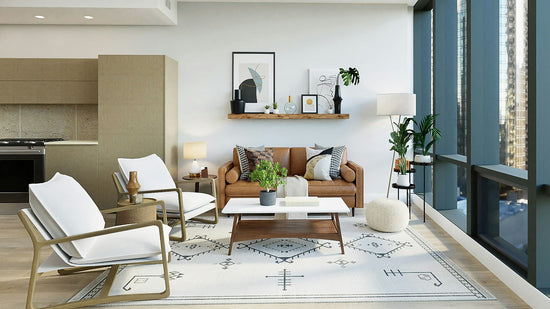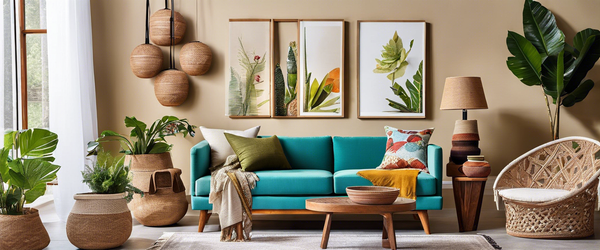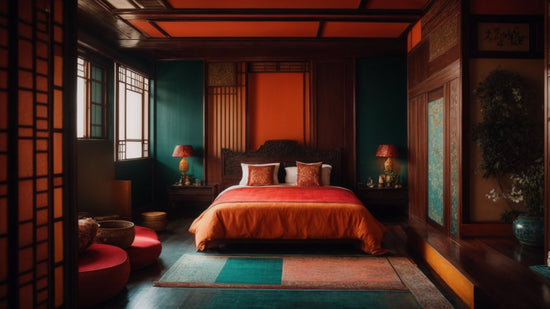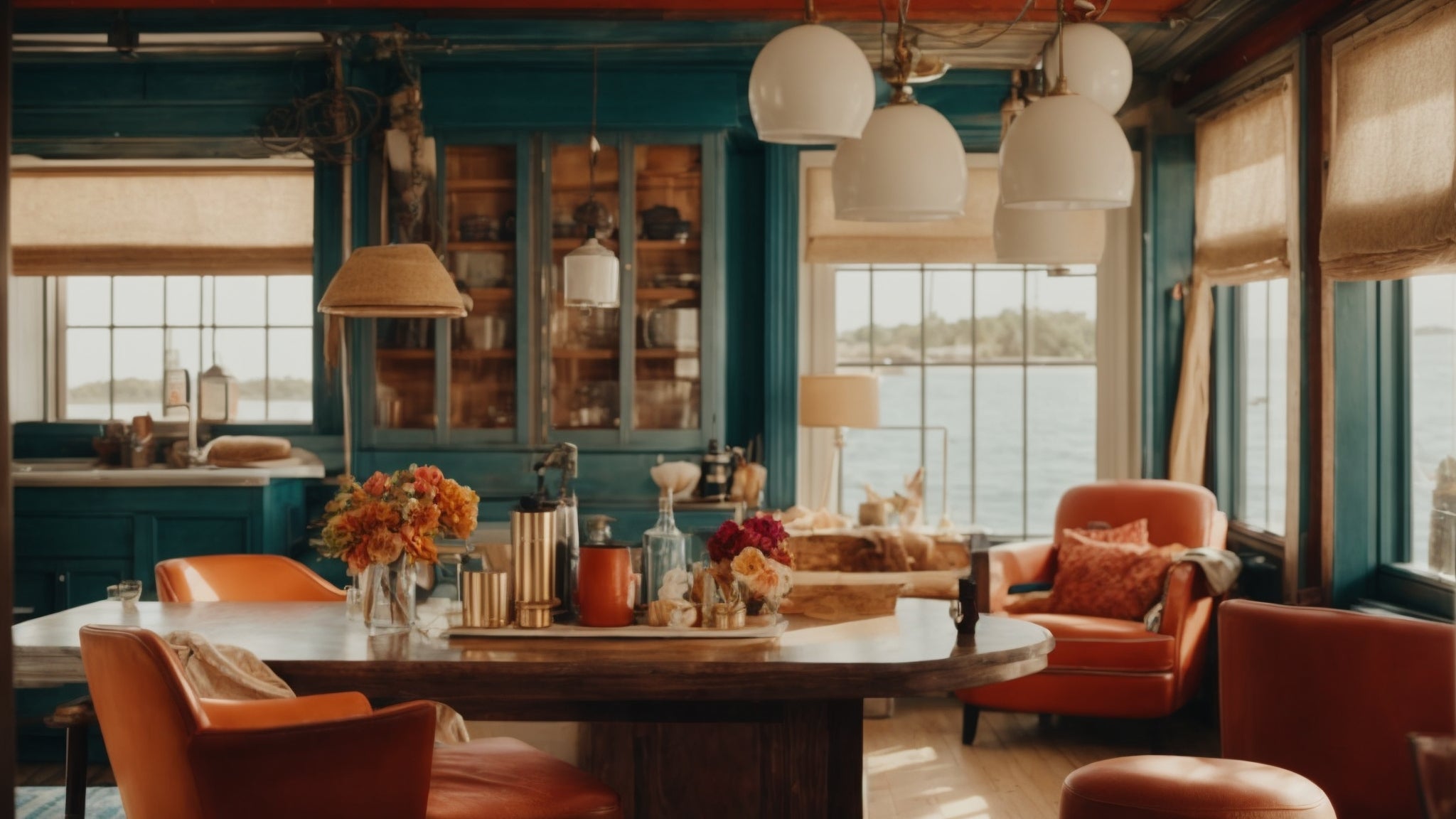Table of content
1. Defining Modern Interior Design
What defines modern interior design?
Modern interior design refers to a style that emerged in the early to mid-20th century and is characterized by clean lines, minimalism, and a focus on function. It emphasizes simplicity and often features materials like metal, glass, and concrete.
2. Exploring Contemporary Interior Design
What distinguishes contemporary interior design?
Contemporary interior design is more fluid and ever-evolving, reflecting the current trends and styles of the moment. It incorporates a mix of influences, often combining elements from various design eras and cultural backgrounds.
3. Key Features of Modern Design
What are some key features of modern interior design?
- Clean, geometric lines
- Minimalist aesthetic
- Open floor plans
- Neutral color palettes
- Use of natural materials like wood and stone
4. Characteristics of Contemporary Design
What are some common characteristics of contemporary interior design?
- Eclectic style
- Flexible and adaptable
- Integration of technology
- Emphasis on comfort and livability
- Use of sustainable materials
5. Time Period of Modern Design
During which time period did modern design emerge?
Modern design emerged in the early to mid-20th century, roughly from the 1920s to the 1950s, influenced by the Bauhaus movement and the International Style.
6. Evolution of Contemporary Design
How has contemporary design evolved over time?
Contemporary design is constantly evolving, incorporating new ideas, technologies, and cultural influences. It is less rigid than modern design and can vary greatly depending on current trends and societal changes.
7. Furniture in Modern Design
What types of furniture are commonly found in modern interiors?
- Iconic mid-century modern pieces
- Sleek, modular furniture
- Minimalist designs
- Functional pieces with clean lines
8. Furniture in Contemporary Design
How does furniture differ in contemporary interiors?
- Varied styles and designs
- Mix of vintage and modern pieces
- Focus on comfort and functionality
- Experimentation with new materials and forms
9. Color Palette in Modern Design
What colors are typically used in modern interiors?
- Neutral tones like white, beige, and gray
- Accents of bold, primary colors
- Use of black for contrast
10. Color Palette in Contemporary Design
How does the color palette differ in contemporary interiors?
- Neutral backgrounds with pops of vibrant color
- Subdued, earthy tones
- Monochromatic schemes with occasional bright accents
11. Architectural Elements in Modern Design
What architectural features are common in modern homes?
- Clean lines and geometric shapes
- Flat or low-pitched roofs
- Floor-to-ceiling windows
- Open, flowing layouts
12. Architectural Elements in Contemporary Design
How do architectural elements differ in contemporary homes?
- Integration of natural elements like wood and stone
- Sustainable building materials
- Use of green technologies like solar panels and smart home systems
13. Lighting in Modern Design
What types of lighting fixtures are common in modern interiors?
- Recessed lighting
- Track lighting
- Pendant lights
- Floor lamps
14. Lighting in Contemporary Design
How does lighting differ in contemporary interiors?
- Integration of natural light sources
- Energy-efficient LED lighting
- Statement light fixtures
- Flexible lighting solutions
15. Accessories and Decor in Modern Design
What types of accessories are typically found in modern interiors?
- Minimalist artwork
- Abstract sculptures
- Functional decor pieces
- Geometric patterns
16. Accessories and Decor in Contemporary Design
How does decor differ in contemporary interiors?
- Eclectic mix of decor styles
- Personalized accents and mementos
- Layered textures and patterns
- Global influences
17. Sustainability in Modern Design
How does modern design incorporate sustainability?
- Use of eco-friendly materials
- Energy-efficient building practices
- Minimalist approach to consumption
- Focus on durability and longevity
18. Sustainability in Contemporary Design
What steps are taken to promote sustainability in contemporary interiors?
- Upcycling and repurposing materials
- Low-impact manufacturing processes
- Integration of renewable energy sources
- Emphasis on responsible consumption
19. Popular Designers in Modern Design
Who are some influential designers in the modern design movement?
- Ludwig Mies van der Rohe
- Le Corbusier
- Charles and Ray Eames
- Frank Lloyd Wright
20. Influential Designers in Contemporary Design
Who are some contemporary designers making an impact today?
- Philippe Starck
- Kelly Wearstler
- Karim Rashid
- Tom Dixon
21. Popularity and Appeal of Modern Design
Why is modern design still popular today?
- Timeless appeal and simplicity
- Compatibility with urban living
- Emphasis on functionality
- Ability to adapt to changing lifestyles
22. Versatility and Allure of Contemporary Design
What makes contemporary design appealing to homeowners?
- Flexibility to incorporate diverse styles
- Reflection of current trends and tastes
- Opportunity for self-expression and creativity
- Adaptability to evolving design preferences









